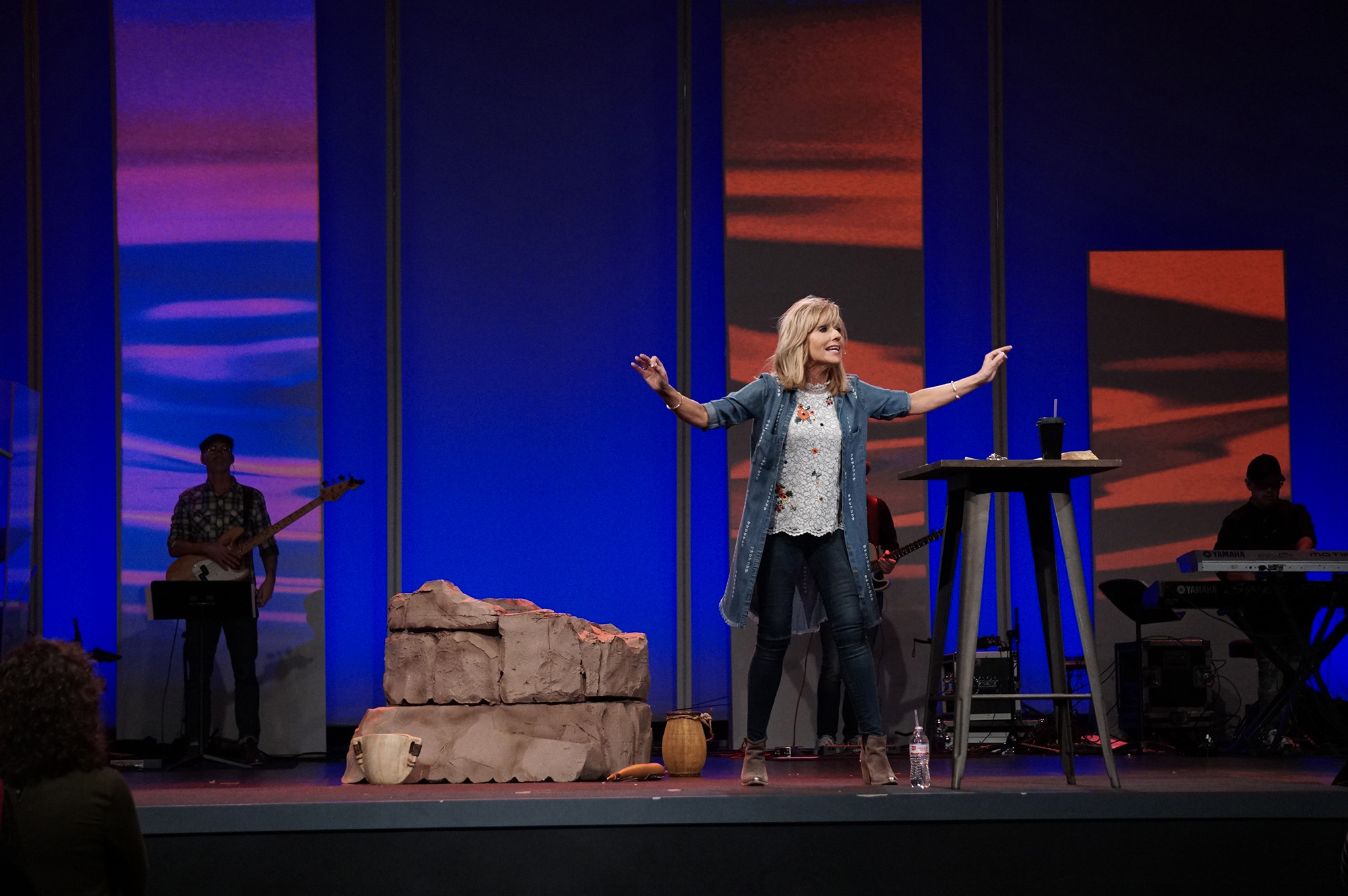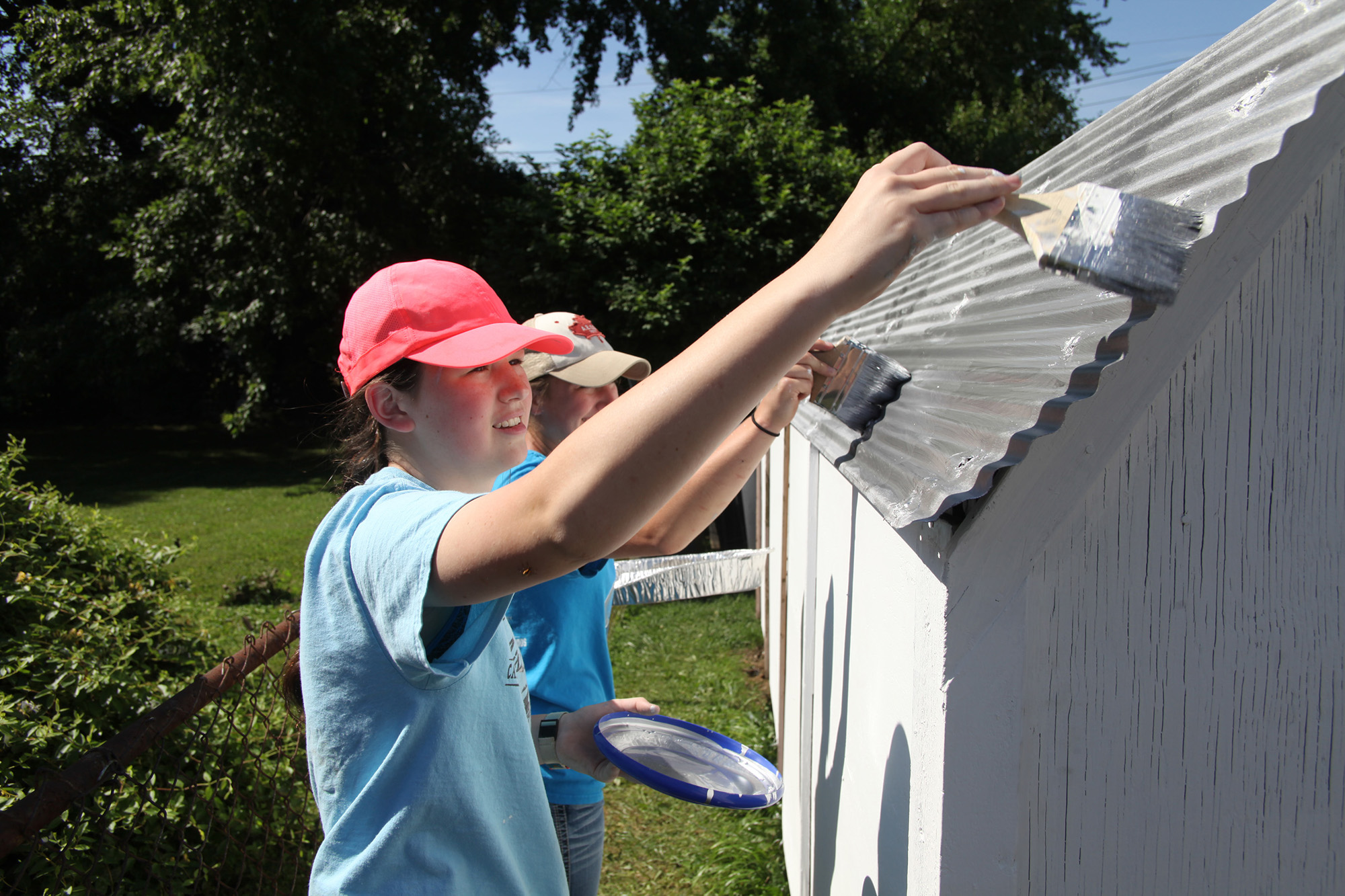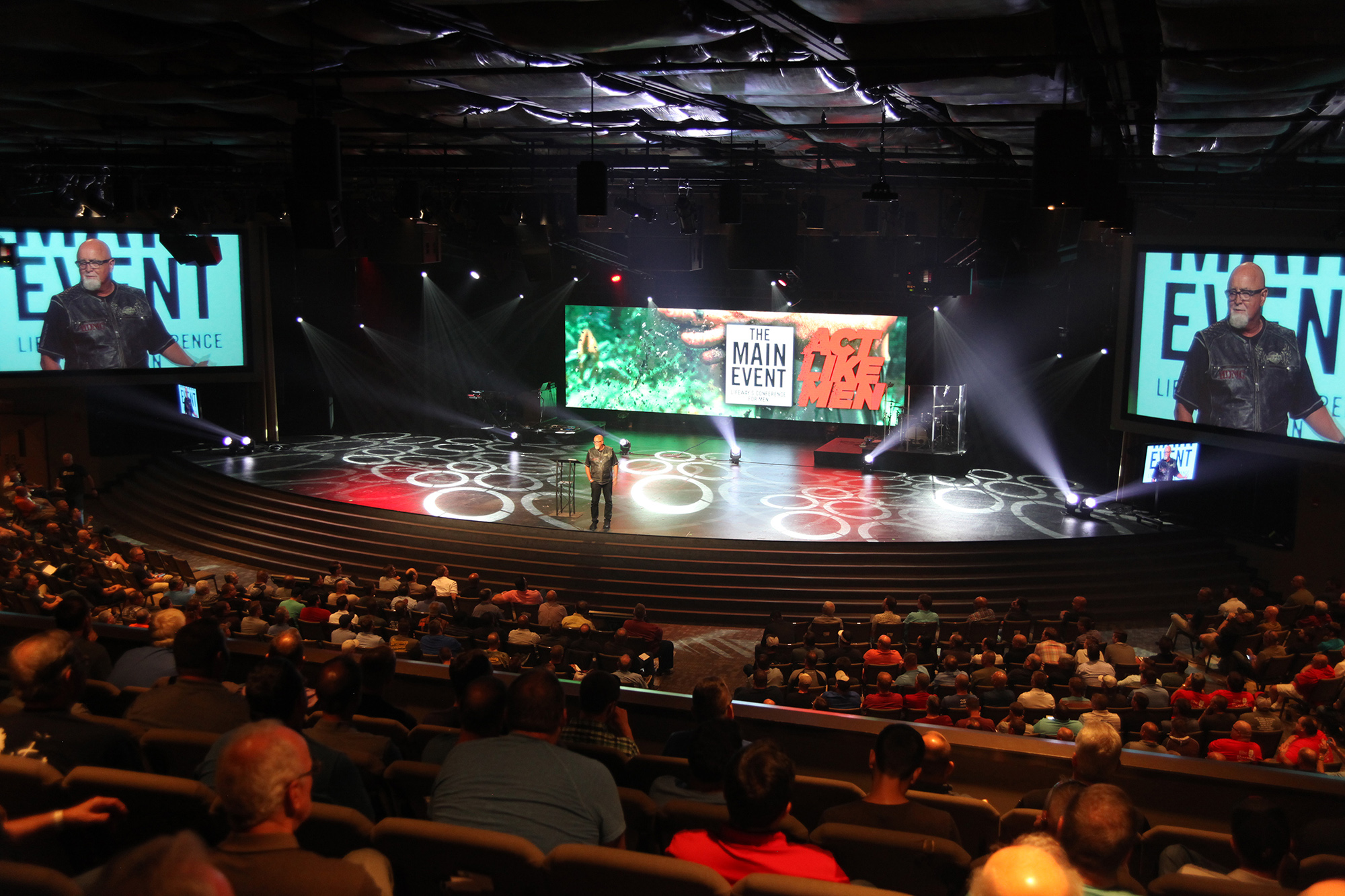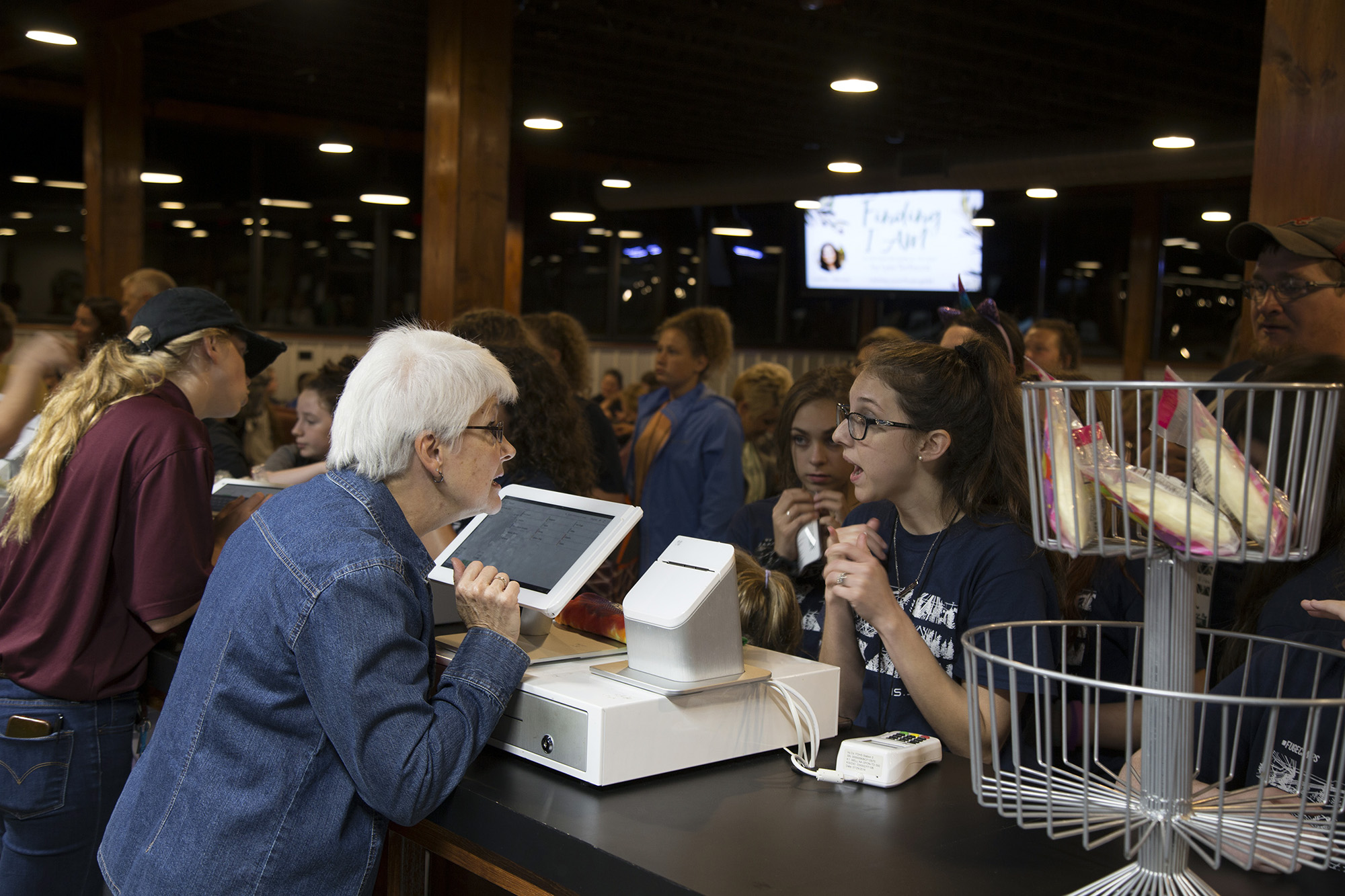
What if your church’s most pressing need isn’t another program but a team of deacons who embody servant leadership? What if deacons could significantly impact lives and support your pastoral vision?
As pastors, we understand the importance of equipping and encouraging those who serve alongside us. Lifeway Research’s Greatest Needs of Pastors study revealed most pastors recognize the need to develop leaders and volunteers.
Here are five conversations every pastor should have with their deacons that could catalyze massive transformation in their churches.
1. Understanding the role: What is your position?
Historically, the role of deacons has been debated and interpreted in various ways. One timeless description comes from Thomas Collier in 1654: “The work of deacons is that of serving tables: the table of the Lord, the minister, and the poor.” Collier captures the essence of deaconship as a ministry deeply rooted in spiritual and practical service.
Deacons play a crucial role in serving at the table of the Lord’s Supper. This responsibility goes beyond mere logistical skills. It requires a reverence for the sacred and a steadfast commitment to guiding the congregation in this act of worship.
Deacons also serve the church’s leadership and staff, lightening the burdens of ministry so pastors can focus on preaching, teaching, prayer, and leadership. Whether it’s managing resources, organizing events, or tending to the physical needs of the staff, deacons exemplify Christ’s servant-hearted leadership, modeling humility and selflessness.
The most visible aspect of deaconship is serving the congregation’s practical needs. Whether distributing food, providing financial assistance, or visiting the sick, deacons embody the love and compassion that should characterize the church.
2. Clarifying the mission: What is your purpose?
Deaconship is about action, not about a title. Their active and dynamic role contributes to the church’s mission through practical actions. By modeling servant leadership, deacons demonstrate what it means to serve God and others with humility and dedication.
Deaconship is about performance, not position. The effectiveness of a deacon is measured by the impact of their service, not the status of their role. A deacon’s calling is to prioritize action over a title, putting the needs of others before their own and living out the gospel by serving rather than being served.
At its core, deaconship is about building and sustaining relationships, particularly with those who are most vulnerable. Deacons are accessible, compassionate, and deeply involved in the lives of the people they serve, offering more than just physical assistance. They provide emotional and spiritual support, ensuring the church is a true community where every member is cared for and valued.
3. Strategic planning: What is your plan?
Serving isn’t just about meeting practical needs. It’s a powerful tool for spiritual growth, community building, and embodying the love of Christ. Here’s how to accomplish this through four key initiatives.
First, deacons and volunteers should ensure the church building is ready for worship, fostering a space where people can encounter God without distractions. Preparing people for worship also involves encouraging a heart of service within the congregation, helping create a worship experience that draws people closer to God and each other.
Second, deacons model service as a core value within the church community. By teaching and modeling the importance of serving others, deacons help the congregation understand that service is integral to the Christian life. As service becomes a more prominent part of the church culture, it naturally leads to a stronger, more engaged, and more unified community of disciples.
Third, deacons serve by bringing people together, breaking down barriers, and fostering a sense of shared purpose. By prioritizing service projects and ministries that encourage collaboration and teamwork, deacons can help preserve and enhance the church’s unity. This unity reflects the diversity, love, and harmony of the body of Christ.
Fourth, serving the orphan, widow, poor, minister, and congregation is at the heart of the church’s mission. By increasing support for these vulnerable groups, the church meets practical needs and serves as a powerful witness to the gospel.
4. Developing processes: What is your process?
As the role of deacons continues to evolve in your church, it’s crucial to establish clear processes for evaluating their effectiveness, managing transitions, and ensuring alignment with the church’s mission. Churches choose poorly when using a “Who’s here” or “Anyone aver 18” nomination process.
Adopt a discipleship pipeline that focuses on spiritual training and formation as the foundation for spiritual maturity. Prioritizing spiritual growth ensures that those appointed as deacons are spiritually strong and capable of supporting the pastor and congregation in their spiritual needs.
Adopt a leadership pipeline focusing on service training and equipping deacons with the practical skills and leadership abilities needed to serve effectively. Combining spiritual and service training creates a comprehensive framework for developing and sustaining a strong, capable, and faithful deacon body.
5. Focusing on outcomes: What is your promise?
The role of deacons is not just about fulfilling tasks. It’s about delivering on the promise of what deaconship represents—a commitment to serve, protect, and nurture the body of Christ.
Deacons play a crucial role in protecting the congregation from deception, ensuring that the church remains grounded in sound doctrine. By staying informed, discerning, and vigilant, deacons help maintain the spiritual health and integrity of the church.
Deacons are peacemakers within the church, fostering unity and protecting the church’s reputation. This unity is not just about avoiding conflict. It’s about actively building a culture of mutual respect, support, and cooperation reflecting Christ’s heart. Their role is crucial in maintaining the harmony and integrity of the church.
Deacons must remain focused on their primary calling—to serve. By staying out of governance and concentrating on ministry, deacons ensure they are fulfilling their true purpose, supporting the church’s mission, and upholding the values of humility and servanthood.
These five conversations are vital for fostering unity and effectiveness among the deacons and in your church. Whether you schedule a retreat or have one conversation monthly during regular meetings, the important thing is having them. Doing so will equip your deacons to serve more effectively, ultimately strengthening your church and advancing its mission.
This article originally appeared at Lifeway Research.






















